The growing power of refugee women in business
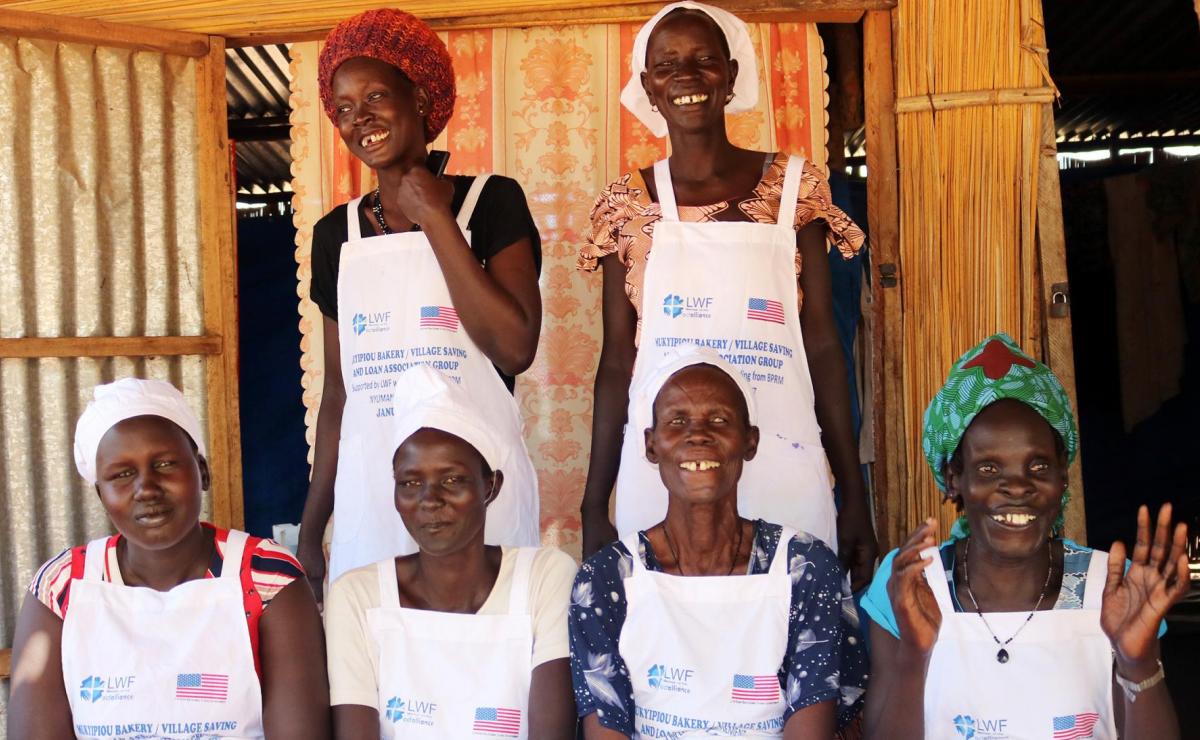
Majority of South Sudanese refugee women till land for food and income, some have ventured in goat farming while others have established small businesses for the same reason in Adjumani district’s refugee settlements.
Amou Ajak Atek, a South Sudanese woman in business attributes this to the fact that majority of South Sudanese refugee women remain breadwinners for their families. “Some are widows, others left their husbands in South Sudan while the rest have husbands who never provide.”
Amuor Gak is another refugee in business who explains that women have to provide for food, health care and education for their children, a reason for their hard work. “Majority of men here don’t have jobs while others have resorted to alcoholism to supress their depression, leaving household responsibilities to us.”
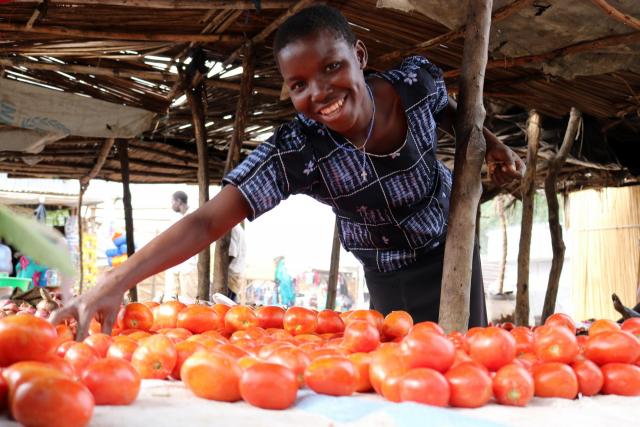
Refugee women are supported to venture in business for a living
Since women and children are the majority in refugee settlement, the Lutheran World Federation (LWF) focusses on empowering women in trade and commerce by training them in business skills and offering them cash grants for business.
LWF’s Jenifer Adong explains that these efforts are geared towards contributing to women’s financial independence and their ability to provide for their families as well as enhancing sustainable development in their communities and the country at large.
Atek is one of the hundreds of women who have been supported by LWF with funds from the Bureau of Population, Refugees, and Migration (PRM). Together with a group of 9 women, Atek ventured in a baking business in 2017 with UGX 4,000,000 they received from LWF and PRM. Mukyipiou business group bakes and supplies bread and cake in Nyumanzi settlement for a living.
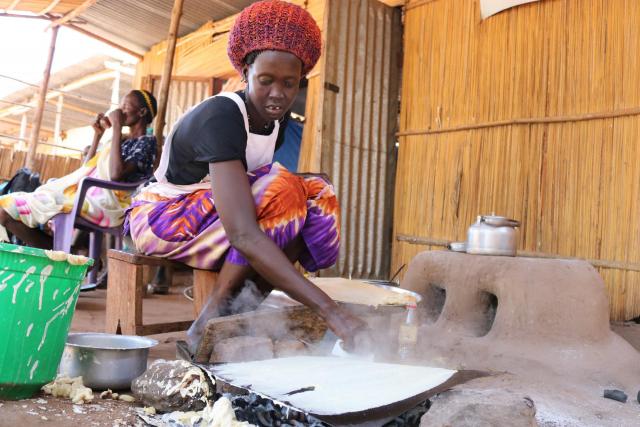
“We earn an average of UGX 1,100,000 very month which we use for our families’ financial demands. We also save 50% of the profits in our group VSLA where all members can acquire loans to establish individual businesses.” Says Amour Deng, Chairperson for Kukyipiou business group.
Amatura business group in Pagirinya Settlement is another that was supported by LWF and PRM. The group of 14 women and a man has bagged UGX 3,000,000 from trading food produce since its founding in 2017.
Adong explains that hundreds of people in groups have been supported with the same. The groups have established businesses, are earning a living and enjoying improved standards of living. “An improvement in their livelihoods not only benefit them but Uganda at large as it increases the country’s economic base.”
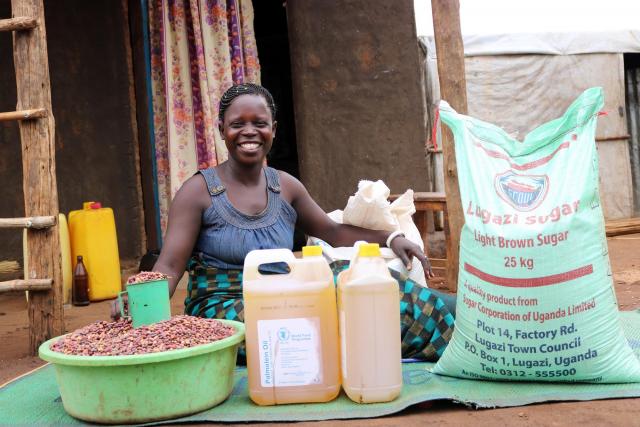
A business multiplier effect
Women save a percentage of their group business profits in a VSLA where each of them can acquire a loan for business. Florence Among, Chairperson for Amatura explains that one of the group’s goals is to assist each member create a side business for more income.
Among adds that 10 out of the 14 members of Amatura have established side businesses. Agnes Moriko, a member of Amatura is one of those that have established a side business. She acquired a loan of UGX 200,000 and started a mini food produce business, trading in beans and maize.
Moriko, a mother of 9 ventured in business to feed and maintain a roof over her children’s heads. “My children now go to school and enjoy three meals a day.” She adds that she earns an average income of UGX 80,000 a month and with it her children never lack basics of life.
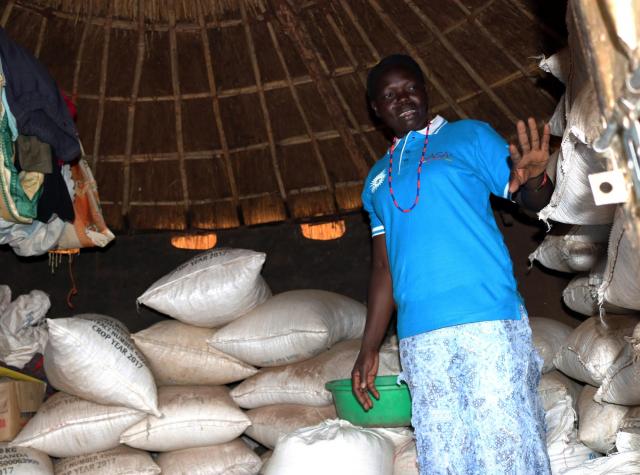
Among also acquired UGX 150,000 from the group’s VSLA, she now trades in fish and earns an average of UGX 100,000 in monthly profits. “With my earnings, I never worry about my household financial demands.” says Among a mother of 6.
While Mukyipiou business group has established a restaurant as a second group business, it also supports its members establish individual businesses. Atek says 9 out of 10 members have established side businesses with loans from the group’s VSLA.
Impact
There are certainly a rising number of successful business women in Adjumani’s refugee settlements which is good as they are attaining financial independence. “We can afford our basic needs like food for a balanced diet, education for our children, healthcare among other household needs.” Says Atek. Among adds that homes are peaceful as violence over finances is fading.

